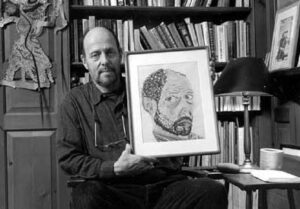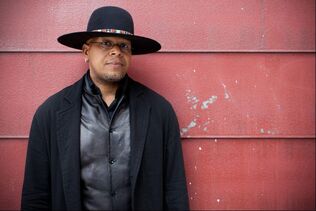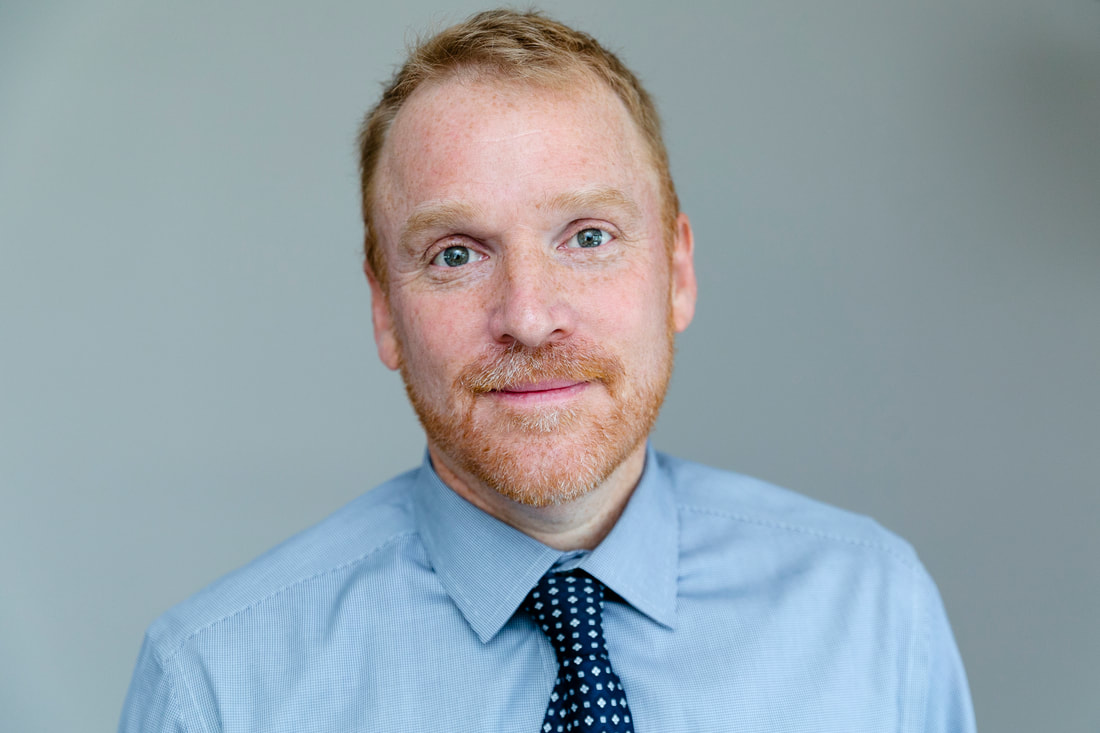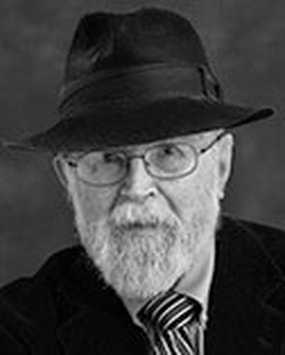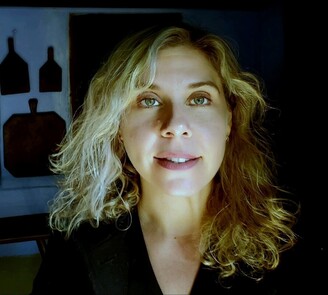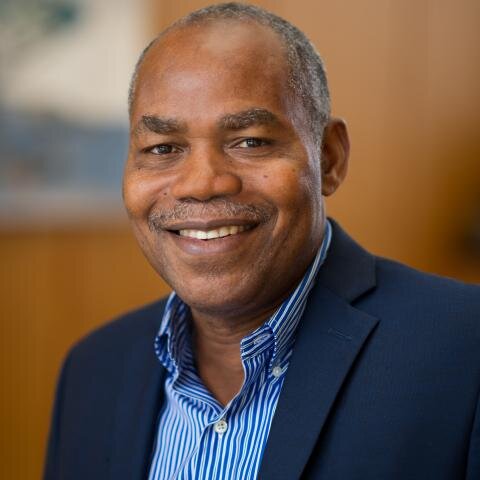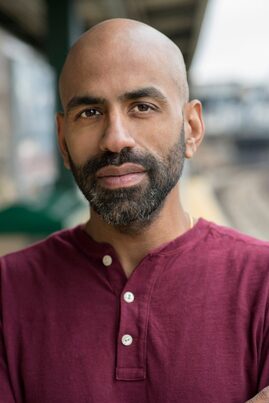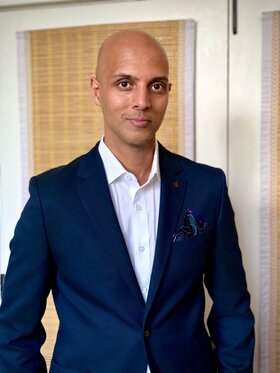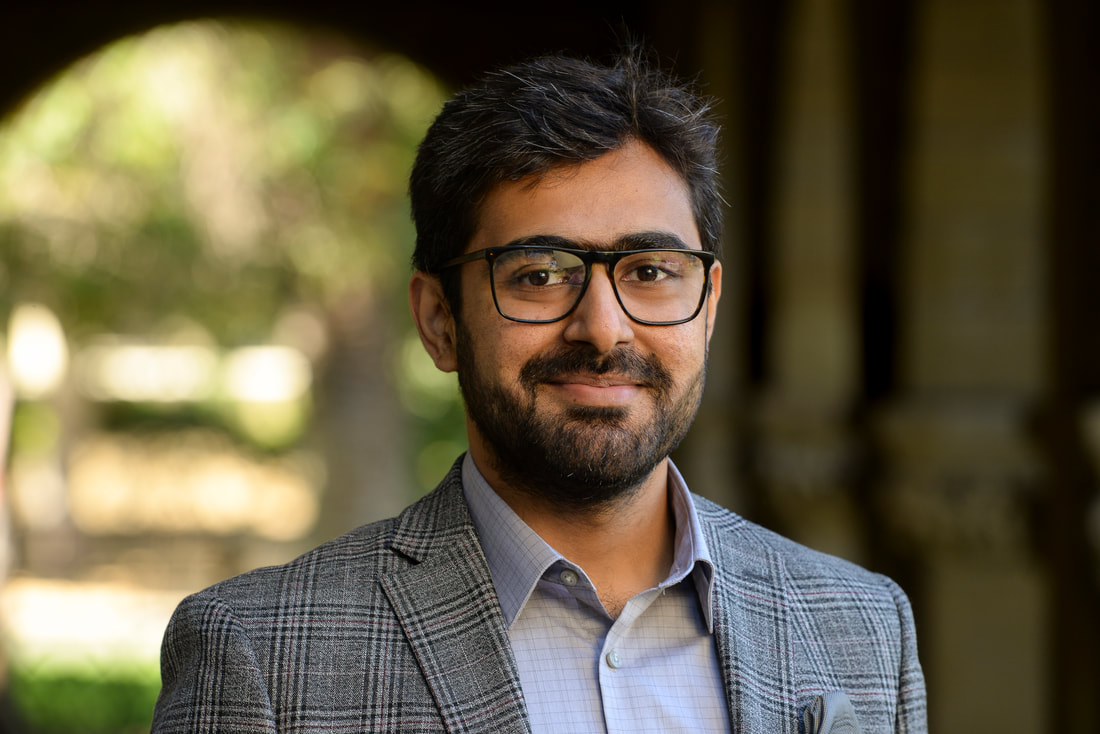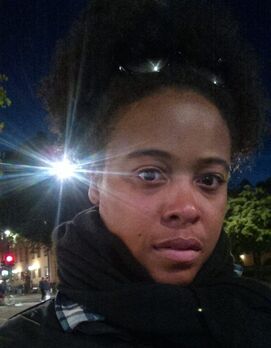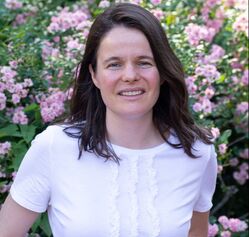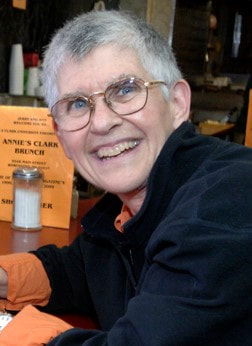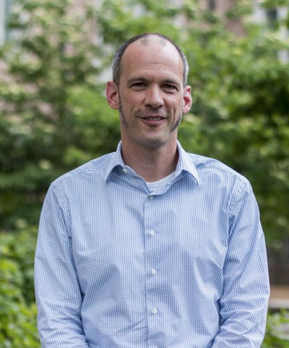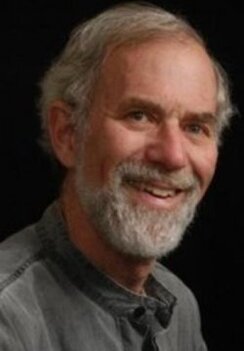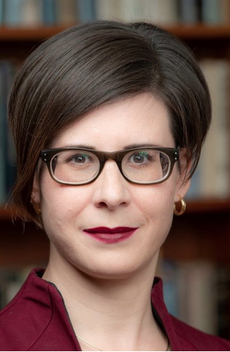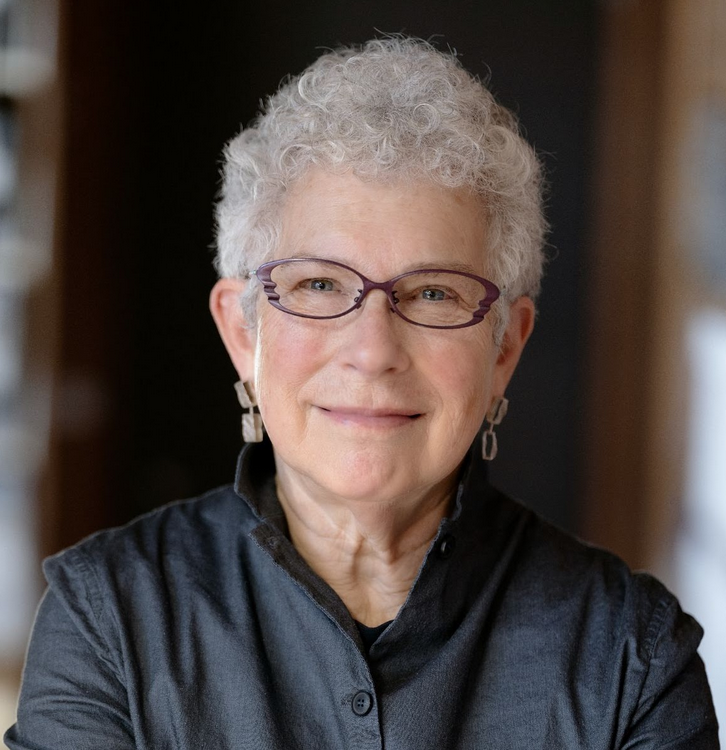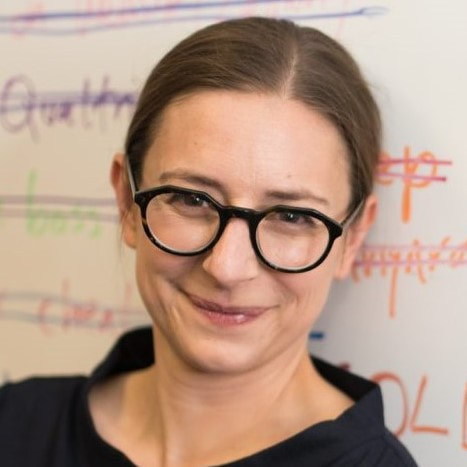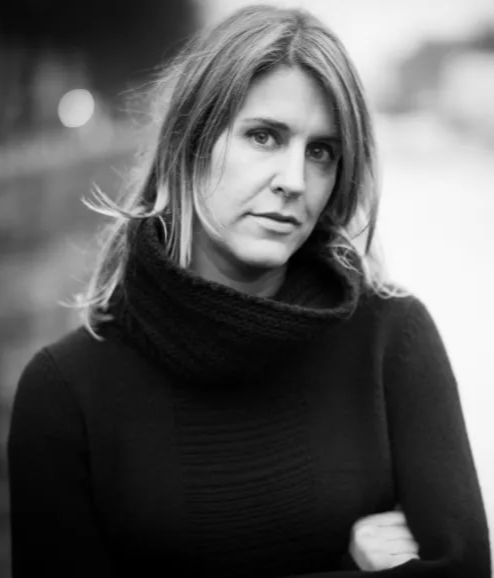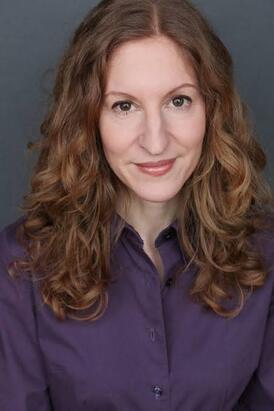James C. Scott is Sterling Professor of Political Science and Anthropology at Yale University, where he founded the Program in Agrarian Studies. He works on Southeast Asia, the peasantry, agriculture, state-making, resistance and anarchism. In his early career he published in venues like the American Political Science Review (twice -- once in 1969 and again 1972). Since then, in his own words, he has gone "off the deep end" and began writing works that are celebrated in other fields, especially anthropology and history. His most recent book is: Against the Grain: A Deep History of the Earliest Agrarian States, (Yale, 2017).
|
Lisa Wedeen is the Mary R. Morton Professor of Political Science and the College, and Co-director of the Chicago Center for Contemporary Theory at the University of Chicago. Her scholarship is situated at the intersection of political theory, comparative politics, and cultural anthropology. Her research interests relate to authoritarian mechanisms of social control, artistic transgressions, the operation of democratic practices in the absence of democratic regimes, discourse analysis, ideology critique, and affect theory. Her most recent, award-winning book is Authoritarian Apprehensions: Ideology, Judgment, and Mourning in Syria (University of Chicago, 2019).
|
Christian Davenport is the Mary Ann and Charles R. Walgreen Professor of the Study of Human Understanding at the University of Michigan and a Faculty Associate at the Center for Political Studies. His research interests include political conflict and violence, measurement, racism, and popular culture. He is the author, co-author, or editor of content that takes an increasing variety of forms, ranging from university presses to graphic novels to game content. In our "what did you do in 2022" returning-from-the-field podcast, he discusses MARU (Mobile Archive Research Unit) and taking care with sensitive archives.
|
Jesse Driscoll is an associate professor of political science at the School of Global Policy and Strategy at the University of California at San Diego. His primary research interest is state-building processes, with a geographical focus on Central Eurasia, and is the author (most recently) of Ukraine's Unnamed War: Before The Russian Invasion of 2022 (Cambridge 2023, with Dominique Arel). In our "what did you do in 2022" returning-from-the-field podcast, he discusses some observations from his time working in the Pentagon as an Action Officer on the Joint Staff in the Europe/NATO/Russia division.
|
|
Leonard Wantchekon is a Professor of Politics and International Affairs at Princeton University and the founder and president of the African School of Economics, which opened in his native Benin in 2014. His research interests include social mobility, social trust, education (as an outcome and as an input), the long-run legacy of the slave trade on African societies, racism, clientelism, peaceful political transitions from autocracy, and more.
|
|
Asfandyar Mir is a Senior Expert at the United States Institute of Peace and an affiliate at Stanford’s Center for International Security and Cooperation. His research is on the International Relations of South Asia, political violence, and intersection of social media and politics. His research has appeared in peer-reviewed journals like International Security and International Studies Quarterly and -- especially since the U.S. military draw-down in 2021 -- has been featured in policy venues such as Foreign Affairs, Foreign Policy, H-Diplo, Lawfare, Modern War Institute, the New York Times, & the Washington Post.
|
Kanisha Bond is an Assistant Professor of Political Science and a Scheidt Faculty Fellow in Atrocity Prevention at Binghamton University (SUNY). She studies how organization and identity influence dynamics of political challenge in polarized societies, with a current focus on the contemporary American case. Her written work has appeared in peer-reviewed journals such as The American Political Science Review, The Journal of Politics, and The British Journal of Political Science, and her research-based public commentary is broadcast regularly on old and new media platforms.
|
Sarah Cameron is an associate professor of history at the University of Maryland, College Park. She is a historian of Russia and the Soviet Union with particular research interests in crimes against humanity, environmental history, and the societies of Central Asia. Her first book, The Hungry Steppe: Famine, Violence, and the Making of Soviet Kazakhstan (Cornell, 2018), won the Reginald Zelnick Book Prize, the W. Bruce Lincoln Book prize, the Joseph Rothschild Prize in Nationalism and Ethnic Studies, and the Richard Stites award -- and has already been translated into both Russian and Kazakh.
|
Cynthia Enloe is Research Professor in the Department of International Development, Community, and Environment (IDCE), affiliation with Political Science and with Women’s and Gender Studies, all at Clark University in Worcester, Massachusetts. In addition to 15 books (!), she has published in Ms. Magazine and The Village Voice, and appeared on National Public Radio, Al Jazeera, C-Span and the BBC. Among her many accolades is the Peace and Justice Studies Association’s Howard Zinn Lifetime Achievement Award.
|
David Cunningham is Professor and Chair of Sociology at Washington University in St. Louis. His research, focused on racial contention and its legacies, has been supported by the National Science Foundation, the Spencer Foundation, and the Harry Frank Guggenheim Foundation. He is also an an instructor and Executive Board member for Washington University’s Prison Education Project. His most recent award-winning book is Klansville, U.S.A.: The Rise and Fall of the Civil Rights-Era Ku Klux Klan.
|
David D. Laitin is the James T. Watkins IV and Elise V. Watkins Professor of Political Science at Stanford University, where he has mentored dozens of scholars starting careers in comparative politics (including both podcast hosts). Over an extraordinary career he has conducted field research in Somalia, Yorubaland (Nigeria), Catalonia (Spain), Estonia, and France. His research focuses on issues of language, religion, and how cultural phenomena link nations to states, and he co-directs the Immigration Policy Lab.
|
Sarah Parkinson is the Aronson Assistant Professor of Political Science and International Studies at Johns Hopkins University. Her research examines organizational behavior and social change in context of war and disaster. For her first book, Beyond the Lines (Cornell 2023), she conducted extensive fieldwork among Palestinian and Syrian refugees in Lebanon. Her current project on the politics of emergency response and public safety has taken her to Turkey, Tunisia, and Qatar.
|
Margaret Levi holds many titles, including Professor of Political Science at Stanford University, co-director of the Stanford Ethics, Society and Technology Hub, and the Jere L. Bacharach Professor Emerita of International Studies at the University of Washington. In addition to her many other honors, she was awarded the Johan Skytte prize for "having laid the foundations of our understanding of why citizens accept state coercion". Her research agenda continues to shape our field.
|
Ana Bracic is an Assistant Professor in the Political Science Department at Michigan State University. Her research is on human rights, discrimination, the persistence of social exclusion, and ground-level effectiveness of human rights institutions, such as NGOs. Her book, Breaking the Exclusion Cycle: How to Promote Cooperation between Majority and Minority Ethnic Groups, was recognized as the best book published in 2020 by the APSA Experimental Research Section.
|
Kristine Eck is Professor at the Department of Peace and Conflict Research at Uppsala University, having previously served as Director of the Uppsala Conflict Data Program (UCDP) and as the Director of the Uppsala Rotary Peace Center. Her primary research interests concern state coercion and policing, and she is currently leading a project on Variation in Institutional Oversight of Police Misconduct (comparing how OECD democracies respond to charges of police abuse).
|
Wendy Pearlman is Professor of Political Science at Northwestern University, where she is Crown Professor of Middle East Studies. She studies the comparative politics of the Middle East, social movements, and forced migration, and has conducted with more than 500 displaced Syrians since 2012. In this podcast we discuss how this data was curated ("midwife-ing") to create the award-winning We Crossed A Bridge and It Trembled: Voices from Syria (HarperCollins, 2017).
|
TBD ! Coming soon!
|
